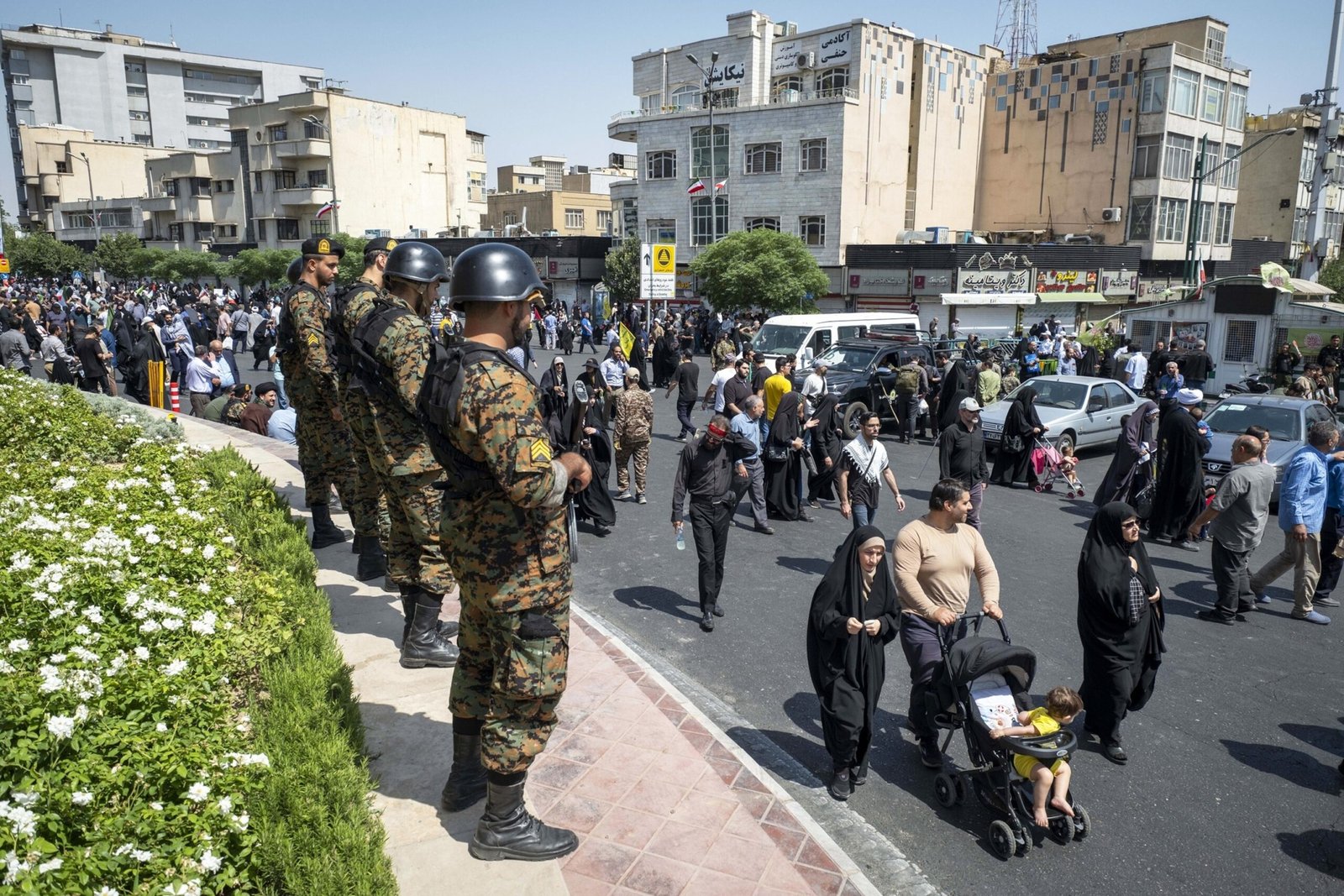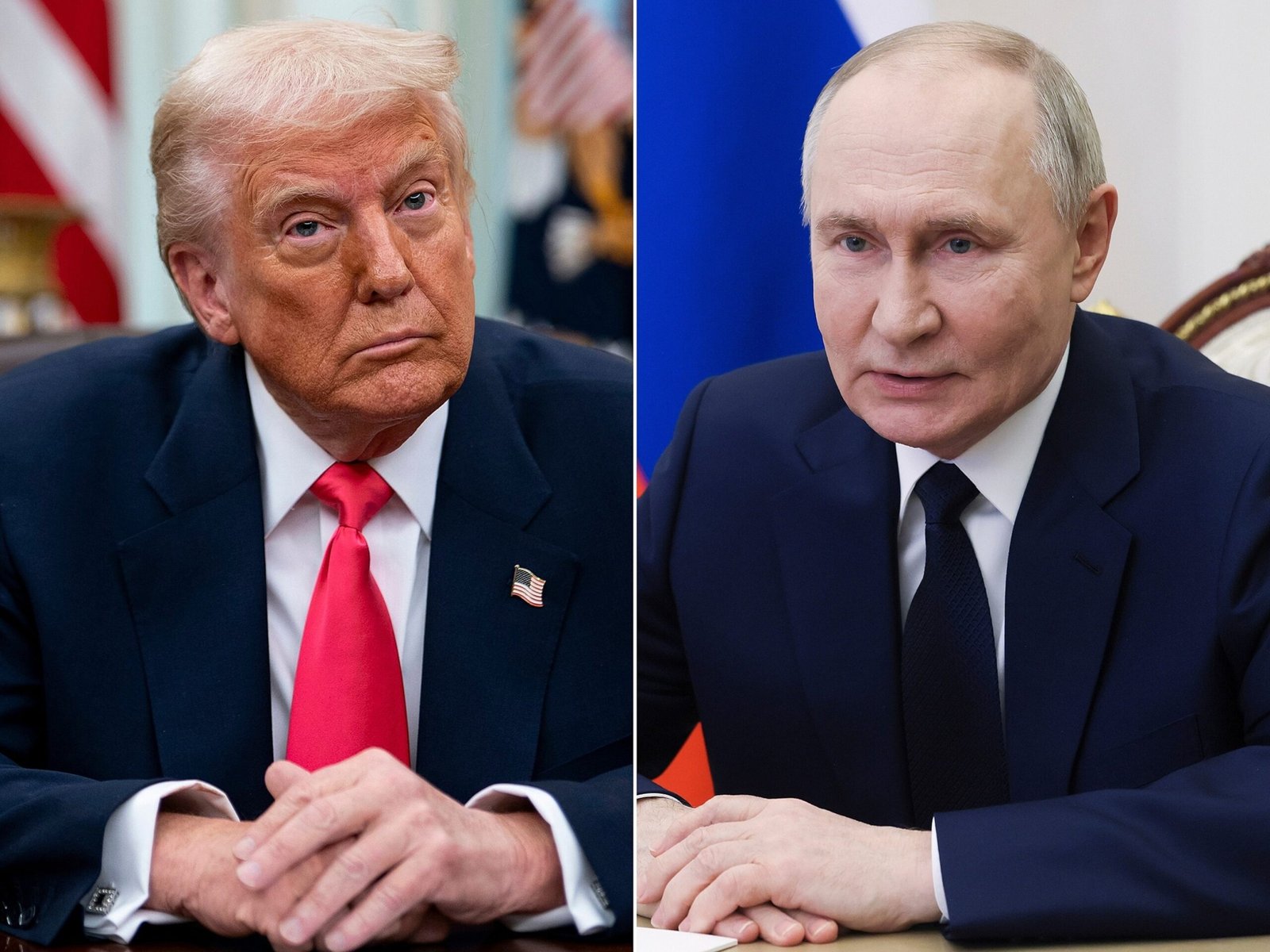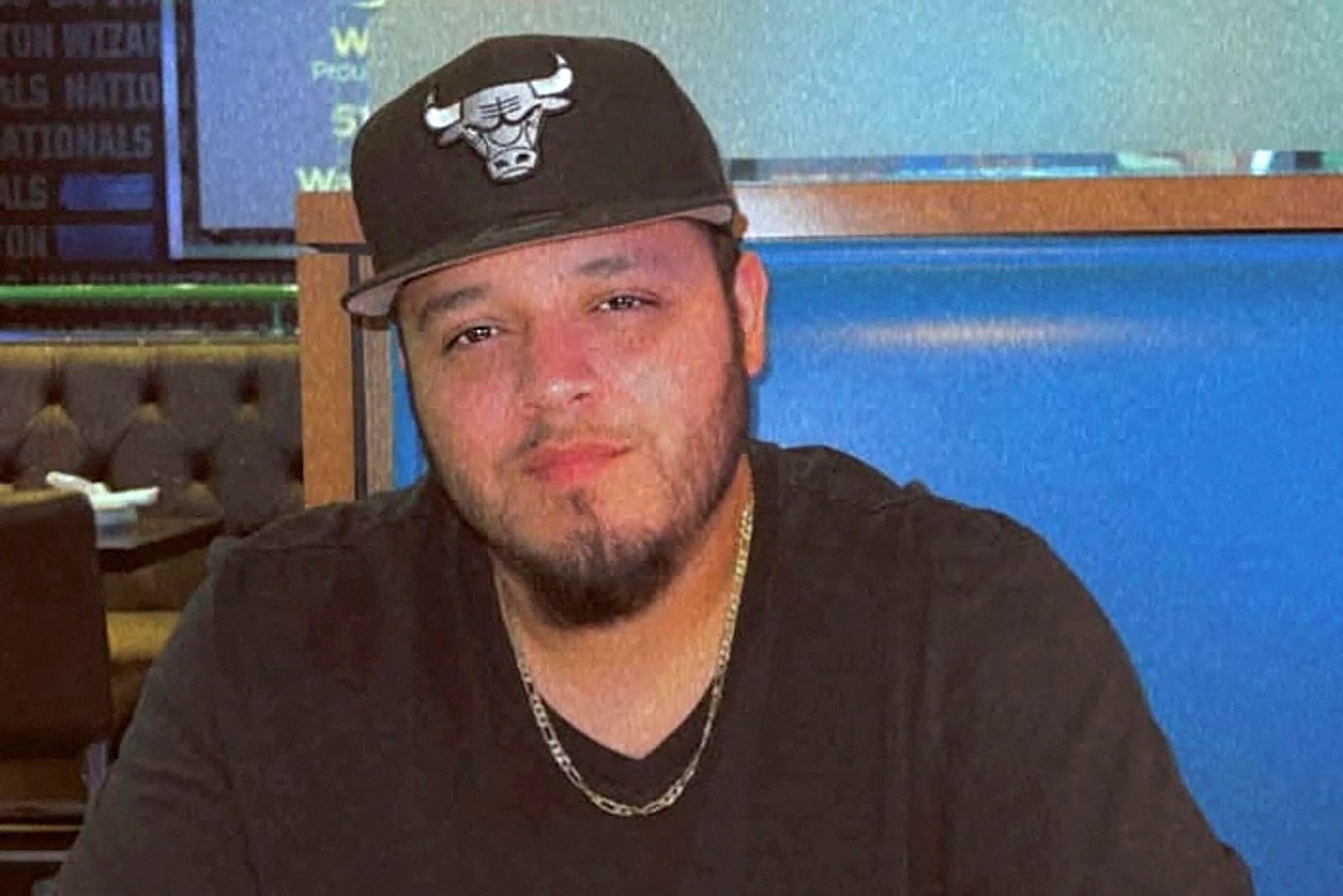Iran’s repression is deepened with rapid executions and arrests

Three Iranian men were executed this week for alleged positions of collaboration with Israel, according to the Judicial Power of the Islamic Republic, presenting the total number of people killed by similar positions during the 12 -day war between Tehran and Tel Aviv to six.
The suspensions were part of the “Matar Traitor season”, according to Iran’s Isna news agency, since the Iranian authorities promoted the executions less than 48 hours after the high fire between Iran and Israel on Monday.
The Judicial Power of Iran said that men were sentenced by espionage on behalf of the Mossad Intelligence Agency of Israel. However, human rights activists claim that men were manufacturers of the day Kurds without access to classified information and denied the right judgments.
“This is a very corrupt regime, and there is no process in Iran,” said ABC News, an expert in human rights and human rights experts and head of the State Society Relations Unit of the Middle East and Human Rights.

The armed members of Iran’s special police forces monitor an area during an anti-Israeli demonstration to condemn Israel’s attacks against Iran, after Tehran’s prayers in Tehran in Tehran, Iran, on June 20, 2025.
Morteza Nikoubazl/Nurphoto through Shuttersock
The repression follows a war with Israel that the Iranian authorities say they left at least 627 dead people and 4,870 wounds, along with important damage to infrastructure throughout the country.
However, Iran’s current regime still maintains power, while many analysts had speculated the possibility of a regime change after the destruction of military infrastructure and the murder of many high -ranking military commanders, together with ambiguities about the health and whereabouts of the Iranian supreme leader.
Given the history of the country in similar situations for almost half a century of government, many human rights and Iranian activists within the country see this “defeated and wounded” phase as, potentially, the most dangerous regime, especially in terms of repression.
Several Iranians who have been against the war told ABC News that they are concerned about the regime that comes from people.
“I cried once when the war began, and again when the fire was announced,” a 37 -year -old woman of Rash, who refused to be named for fear of security concerns, told ABC News. “We fear the Islamic Republic as much as we fear Israel.”

The armed members of Iran’s special police forces monitor an area during an antiisraeli demonstration to condemn Israel’s attacks against Iran, after Tehran’s prayers, in Tehran, Iran, on June 20, 2025.
Morteza Nikoubazl/Nurphoto through Shuttersock
In the course of the 12 -day conflict, Iranian intelligence and security forces said they arrested more than 700 people accused of having links with Israel, according to presstv of state affiliate earlier this week.
Sharing deep concerns about the safety of human rights activists, journalists and women, Pourzand said the regime has already “accelerated its execution machine.”
Israeli officials have not commented on those arrested for alleged links with Israel, but the head of the Mossad, David Barnea, said this week that the Israeli intelligence agency would continue to monitor Iran.
“We will continue to closely monitor all the projects in Iran that we know very well. We will be there (in Iran), as we have been there so far,” said Barnea.
In addition, on June 25, the Judicial Power of Iran announced changes to what it called the “Espionage Law to deal with citizens”, with the Ministry of Intelligence that announces the formation of a new special committee in charge of monitoring the online activities of citizens: a state campaign media has labeled a “intelligence intelligence jihad”, highlighting as part of a broader effort of “National Defense.”
“There are security forces that patrol the streets with all their strength. We barely dare to go out,” a 23 -year -old student activist in Tehran told ABC News. “It’s an extremely scary moment. I think we are about to enter a phase of greater paralysis and suffocation.”
Pourzand, the human rights defender, described the postwar atmosphere as a “systematic and rigid repression form”, warning that new surveillance measures will harden even more control over public dissent and personal freedoms.
“This is a collective punishment against common people … to make a point and instill fear at the national level, and to make points internationally,” he said.
For critics, the response of the Islamic Republic follows a well -used pattern.
“This regime has dominated how to possess the narrative in the last 47 years,” said Pourzand. “They use all kinds of tools: misinformation, misinformation.”
The conflict has caused mixed emotions among the Iranians, many of whom are still dealing with the trauma of the repression of the State that followed the protests of 2022 throughout the country “woman, life, freedom” who lit after the tragic death of Mahsa Jina Amini in police custody.
The repression left hundreds of dead, thousands imprisoned and several executed. The uprising followed years of repression and economic difficulties worsened by the sanctions led by the United States on the widespread corruption of the regime that has only deepened the frustration and despair of the public.
Some Iranians initially saw Israel’s early rhetoric about “freeing Iranians” from dictatorship with hope.

A undulating smoke plume after the Israeli strikes in Tehran, on June 23, 2025
UGC/AFP through Getty Images
“The Islamic Republic is a totalitarian regime … which has brought decades of destruction, insecurity and regional instability,” said Parham, 36, ABC News. “Supporting the Iranian people in their search for freedom is not only a moral imperative but also a path to peace, prosperity and stability in the region.”
However, not everyone shares the same feeling.
“It would be nonsense to believe that Israel’s goal was to free us from this regime,” Samira said. “They made it clear that their only objective was the destruction of Iran’s nuclear abilities.”
On Thursday, Iran’s Supreme Leader, Ayatollah Ali Khamenei, made his first public appearance since the beginning of the war, emerging from weeks of absence to deliver a televised speech recorded to La Nación.
“This is one of the greatest divine blessings,” Khamenei said, referring to Iran’s armed forces that penetrate multiple layers of Israeli defense systems during the recent conflict. “It shows the Zionist regime that any aggression against the Islamic Republic will cost, a heavy cost, and fortunately, that is exactly what happened.”
However, some now fear that Khamenei’s “heavy cost” ultimately collects Iranian citizens, since the attention of the world changes to other places, leaving them at the mercy of a regime determined to demonstrate that it remains in control.
“What has already begun is quite horrible,” said Pourzand. “Unfortunately, I think what is coming will be even worse.”







